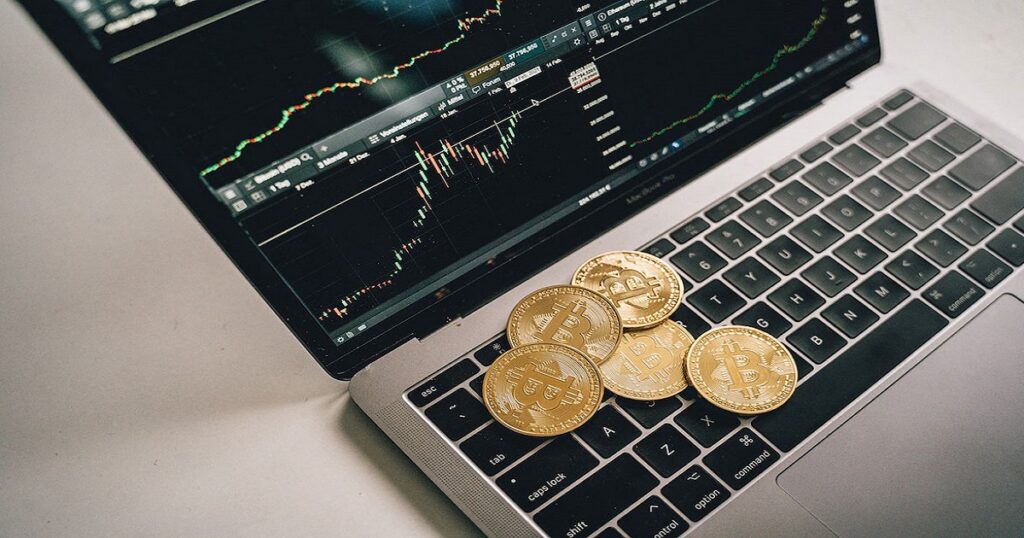Introduction:
As Bitcoin and other cryptocurrencies become more widely used in Canada, understanding the Goods and Services Tax (GST) and Harmonized Sales Tax (HST) implications for these transactions is crucial.
Whether you’re a business accepting Bitcoin as payment or an individual trading Bitcoin, it’s important to know how these taxes apply. This article explores the GST/HST implications for Bitcoin transactions in Canada.
Bitcoin as a Barter Transaction:
The CRA treats Bitcoin transactions as barter transactions. This means that when you use Bitcoin to pay for goods or services, the transaction is considered an exchange of one asset for another.
For GST/HST purposes, the value of the Bitcoin must be converted into Canadian dollars at the time of the transaction. The GST/HST is then applied to the Canadian dollar value of the goods or services being exchanged.
GST/HST on Business Transactions:
If you’re a business accepting Bitcoin as payment for goods or services, you must charge and remit GST/HST on the transaction, just as you would for any other form of payment.
The amount of GST/HST to be charged is based on the fair market value (FMV) of the Bitcoin at the time of the transaction. It’s important to issue an invoice that includes the Canadian dollar equivalent of the Bitcoin payment and the applicable GST/HST.
Input Tax Credits (ITCs):
Businesses that purchase goods or services using Bitcoin may be eligible to claim Input Tax Credits (ITCs) for the GST/HST paid on those purchases.
The process for claiming ITCs is the same as it is for transactions conducted in Canadian dollars. You must keep detailed records of the Bitcoin transaction, including the FMV of the Bitcoin at the time of purchase and the GST/HST paid.
Special Considerations for Cryptocurrency Exchanges:
Cryptocurrency exchanges in Canada that facilitate Bitcoin transactions may also have GST/HST obligations. The CRA requires that exchanges charge GST/HST on the fees they charge for facilitating trades or providing other services.
It’s important for exchanges to understand their tax obligations and to register for a GST/HST account if required.
GST/HST on Bitcoin Mining:
Bitcoin mining itself is not subject to GST/HST because it does not involve the supply of a good or service.
However, if a business provides services related to Bitcoin mining, such as hosting mining equipment or providing maintenance services, GST/HST must be charged on those services.
Record-Keeping and Compliance:
Accurate record-keeping is essential for managing GST/HST obligations related to Bitcoin transactions. Businesses should keep detailed records of all transactions involving Bitcoin, including the FMV at the time of the transaction, the amount of GST/HST charged, and any ITCs claimed.
These records will be necessary for filing accurate GST/HST returns and for responding to any CRA inquiries.
Conclusion:
Understanding the GST/HST implications for Bitcoin transactions is crucial for businesses and individuals alike. By treating Bitcoin transactions as barter transactions, charging and remitting the appropriate amount of GST/HST, and maintaining accurate records, you can ensure compliance with Canadian tax laws and avoid potential penalties.
If you have any questions or require further assistance, our team of accountants at Tax Partners can help you.
Please contact us by email at info@taxpartners.ca or by phone at (905) 836-8755 for a FREE initial consultation appointment.
You may also visit our website (www.taxpartners.ca) to learn more about other services we offer in Canada, US and abroad.


